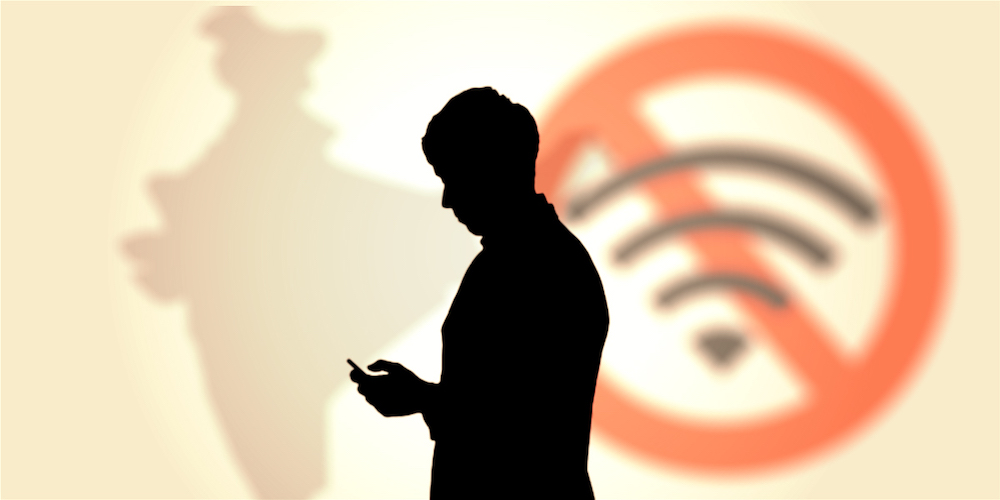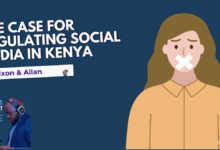Senegal Government Shuts Down the Internet Amid Massive Rioting

Senegal Government has shut down the internet in some parts of the country following massive riots as a result of the sentencing of opposition leader Ousmane Sonko.
Citizens in the West African country have reported being unable to access Facebook, Twitter, WhatsApp, Instagram, YouTube, Telegram and other social media platforms. Mobile data has also been suspended, sending many users fully offline.
The government said in a statement that protestors are using the platforms to spread “hateful and subversive” messages, hence fueling the riots.
”Because of the spread of hateful and subversive messages … mobile Internet is temporarily suspended at certain hours of the day,” the statement read.
Real-time network data from NetBlocks show the restrictions have affected the country’s leading mobile provider Orange (Sonatel) with restrictions subsequently also observed on Free (Tigo).
Human rights activists including the Paradigm Initiative have called on the Senegalese Government to immediately restore Internet and social media platforms in the country noting that it’s a breach of Senegalese citizens’ digital rights and data privacy.
‘’Senegal, while having kept a reputation of being one of the most stable democracies in West Africa, has been experiencing a longstanding series of human rights violations in recent years.’’ Paradigm Initiative said in a statement.
In 2021, following protests, social media platforms were blocked for many hours. Multiple networks detected internet disruptions and a social media blackout.
Youths have increasingly used social media platforms to voice their concerns and call for justice in the country. These platforms are seen as a tool for dissent and a threat to the integrity of government institutions.
Ahead of the 2024 presidential elections, multiple riots and civil unrest instances have been noted, more so in the past two years. Social media has played a huge role in transmitting information, given that main television and radio channels have not been adequately reporting events and news due to fear of their activities being suspended.
A recent report by Surfshark in partnership with internet watchdog NetBlocks revealed that nearly a third of a billion Africans were affected by internet shutdowns in 2022.
The report noted that 5 African countries censored the internet 13 times with Sudan taking the lead by disruption count (4), followed by Burkina Faso (3) and Zimbabwe (3), Sierra Leone (2) and Somalia (1).
Burkina Faso restricted Facebook in January. The restriction continued into 2023 making it the longest in the world.
Of all social media platforms, the report says Facebook is the most hated by autocratic governments and remains highly censored in 2022. In fact, since 2015, a staggering 46% of the global population has, in some way or another, been affected by government-imposed Facebook restrictions.
Paradigm Initiative says deliberate internet outages around the world have cost the global economy billions of dollars every year. Government Internet shutdowns on the other hand have cost USD 42.5 billion since 2019.
”We are further calling on the Senegalese government to ensure media and journalists’ digital safety and security in reporting unbiased news about current events in Senegal and order that network providers offer a seamless internet connection to the citizens,” it says.
Follow us on Telegram, Twitter, and Facebook, or subscribe to our weekly newsletter to ensure you don’t miss out on any future updates. Send tips to editor@techtrendske.co.ke

